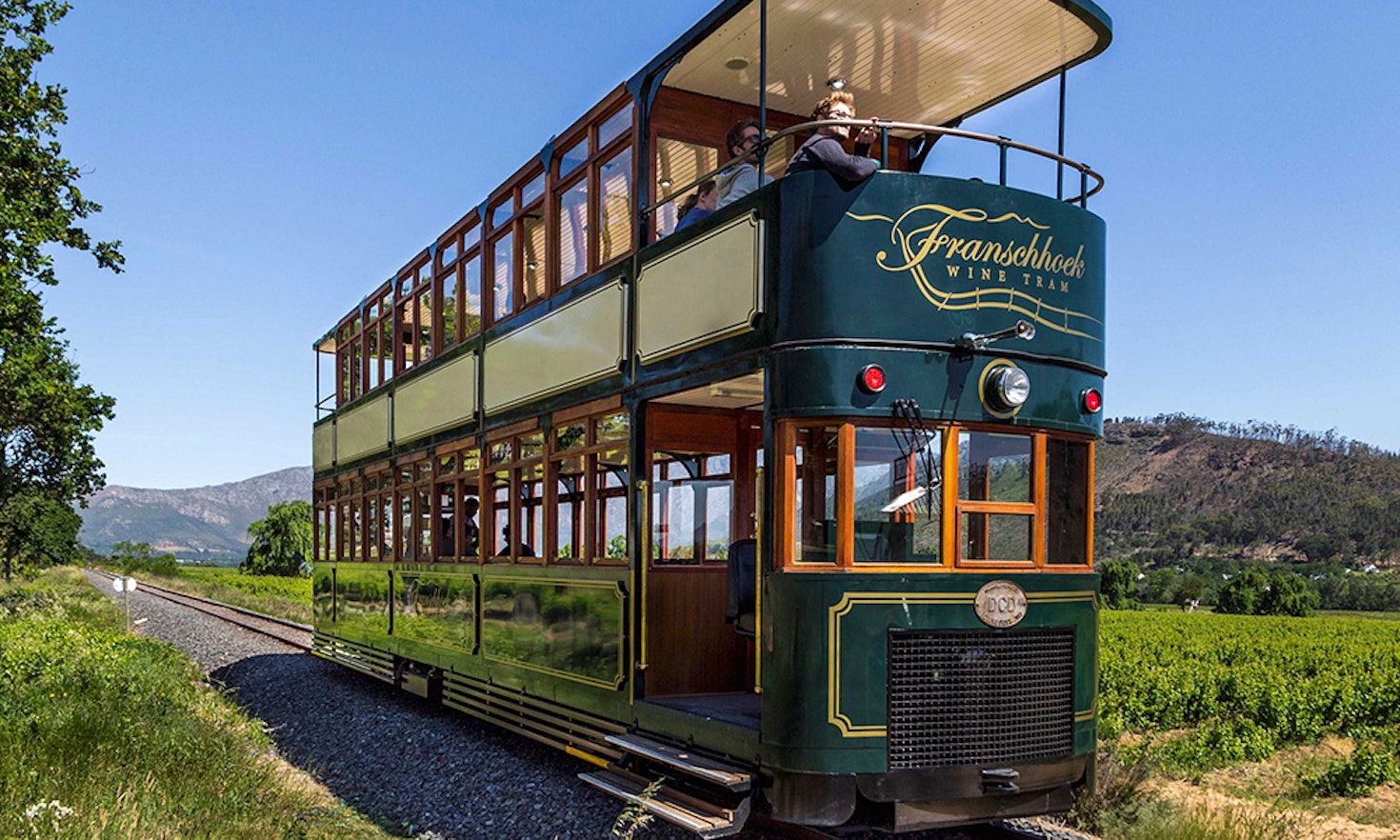
Zeit für einen Ecological Turn!



Editor’s Note: We published this article first in the run-up to the 1st World Congress on Agritourism in November 2018. Our guest blogger is Jacqui Taylor, an agricultural journalist and CEO of Agritourism South Africa. She built an information hub highlighting tourism farm experiences across the country, thereby allowing (local and foreign) to incorporate visits to farms as part of their travel plans. At the world congress, Jacqui Taylor delivered a keynote speech titled “Agritourism in Africa”.
I am asked many times why certain Agritourism farmers are more successful than others. There are a number of reasons, but when the farmer views Agritourism as part of his/her farming business, then success is inevitable.
Agritourism on a working farm cannot be separated from the farmer. He/She is part of the Farm’s Marketing Brand. Two farmers that immediately come to mind, are Skeiding Guest Farm owned by Neels and Anne-Lize Uys; and Ezeljacht owned by the Jonkers.

Skeiding Farm is near Heidelberg in the Western Cape. Guests are involved as far as possible in the workings of the 1200 hectare family farm, which include the following animals and crops: Ostriches, Merino sheep, Nguni cattle, Canola, Wheat, Barley and Peas. In other words, a variety of activities. In their own words “Neels is the farmer, socialiser, “braaier” and farm tour guide, and Anne-Lize is the baker, jam maker and money taker”. Guests get up early to join Neels in his daily farming activities, then come back to have a farm breakfast cooked by Anne-Lize. Neels grew up in that area, so he is a walking encyclopaedia of local information. Most of his visitors are from Europe, who want to learn about Ostriches. There are 15 different activities on the farm, apart from the farm tours and Anne-Lize has coordinated several itineraries for day trips so guests stay longer in their farm cottages. The farm is easy to find with the GPS coordinates and is well sign posted.
The Jonkers own several farms in the Southern Cape. They have 7 different guest houses on 3 different farms that neighbour one another, with 80 beds in total. All are working farms, with ostriches, sheep etc.
The Jonkers are not only farmers, but highly successful entrepreneurs as well. They are superb hosts and guests are frequently invited into their farm house to meet their family and enjoy a home cooked meal. They understand very well that people relate to people, as well as the value of storytelling/history of the farm itself.
There are hiking trails, (including a trail for women only), mountain biking trials, 4 x 4 trails and off-road motorbike trails. Their main focus is on the Adventure tourist (particularly professional mountain bikers), but they also have cottages for those city weary people who seek peace and solitude.

Ensuring that those responsible for taking bookings are always available via cell phone is just as important. Both farmers have their cell phone numbers on their websites. Both use Social Media, You Tube and Blogs to attract tourists/visitors and have a Feedback form in the cottages to read visitor recommendations on what parts of the Agritourism experience can be improved on.
The successful Agritourism Farmer is a person who focuses on networking, innovation, marketing, diversification and adding value to his existing farm produce. These two farming families tell their visitors about the security measures they have put in place, so people feel safe. Both consider professional visual footage important.
To consider an Agritourism project in Africa, farmers should assess his/her assets on the farm. Start with what the farm currently has – Climate, Land usage, Attractions, Activities, Owner/Manager strengths, goals and resources. Farmers must decide who they want as their target market and FOCUS on developing that market.
Another question, I frequently am asked by farmers starting their Agritourism Business relates to funding. I recommend that farmers look at their Government Agricultural websites and see what type of funding options they offer via the Agricultural Banks. Visitors to farms are not expecting a fancy hotel. Visitors are seeking new experiences that are real, not man-made theme parks.
In closing, Agritourism in Africa is a serious business, not a side-line operation, if it is to be successful. Time, effort and an understanding of the market will ensure success.
This content is licensed under a Creative Commons Attribution 4.0 International license.